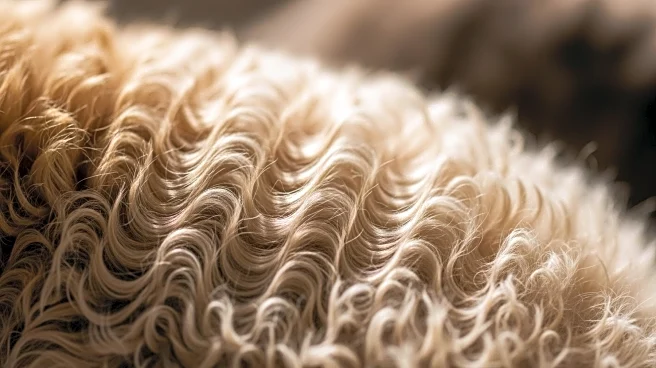Rapid Read • 8 min read
President Trump is exploring the possibility of removing Federal Reserve Chair Jerome Powell by accusing him of mismanaging a $2.5 billion renovation project of the Fed's buildings in Washington. This move follows Trump's ongoing dissatisfaction with Powell's resistance to lowering interest rates, which Trump believes could counteract inflation caused by tariffs. Although the Supreme Court has indicated that Trump cannot fire Powell simply due to policy disagreements, he could potentially do so for misconduct or dereliction of duty. Trump has suggested that Powell's handling of the renovation could be grounds for dismissal, although he later stated it is unlikely he will remove Powell before his term ends in May 2026.
AD
The potential removal of Powell could have significant implications for the U.S. financial markets. The Federal Reserve's independence is crucial for maintaining stable economic conditions, and any attempt to undermine this could lead to increased inflation, higher interest rates, and a weaker economy. The Fed's role in maximizing employment and stabilizing prices often requires politically unpopular decisions, such as raising interest rates. Trump's actions could set a precedent that jeopardizes the Fed's ability to operate free from political influence, potentially leading to market instability and increased borrowing costs for the U.S. economy.
The White House has raised concerns about the renovation's costs, which have exceeded initial budgets due to rising construction expenses and unforeseen issues like asbestos removal. The Fed has canceled plans for further renovations to manage costs. The White House is also questioning whether the Fed violated planning commission approvals by altering renovation plans. Powell has requested an independent review of the project's costs, and the Fed maintains its accountability to Congress rather than the White House. The situation may lead to further scrutiny and political debate over the Fed's independence and fiscal management.
The controversy over the Fed's renovation project highlights broader issues of government spending and accountability. The White House's criticism of the project's 'ostentatious' features, such as rooftop gardens and VIP dining rooms, reflects ongoing debates about fiscal responsibility and ethical governance. The Fed's decision to scale back plans to save money has opened it to accusations of unethical behavior, illustrating the complex dynamics between cost management and regulatory compliance. This situation underscores the challenges of balancing economic needs with political pressures in government operations.
AD
More Stories You Might Enjoy













